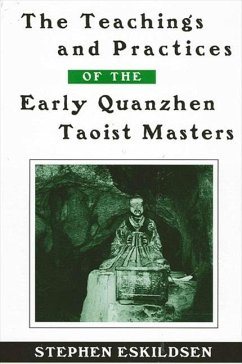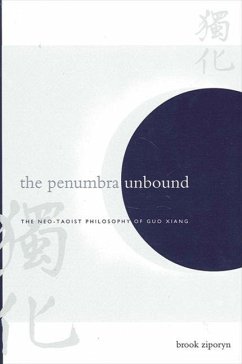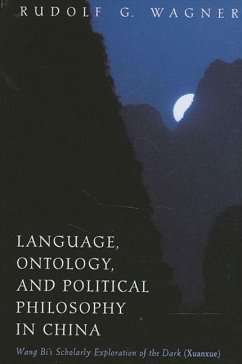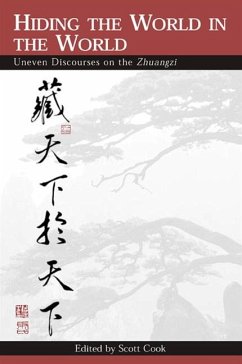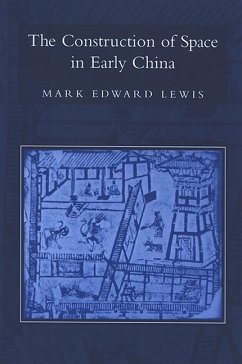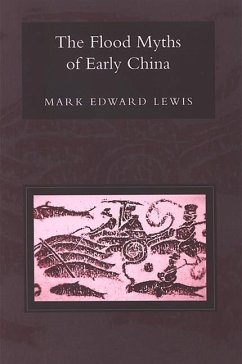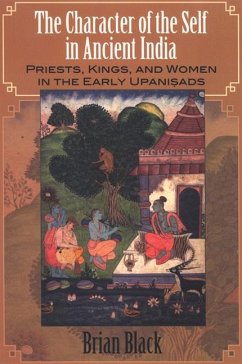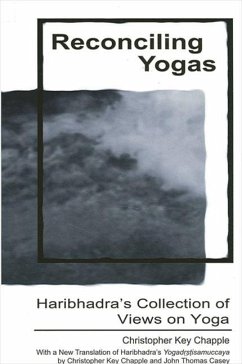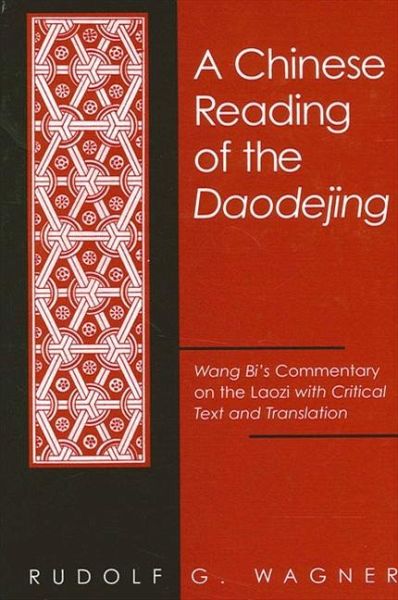
A Chinese Reading of the Daodejing (eBook, PDF)
Wang Bi's Commentary on the Laozi with Critical Text and Translation

PAYBACK Punkte
15 °P sammeln!
Presenting the commentary of the third-century sage Wang Bi, this book provides a Chinese way of reading the Daodejing, one which will surprise Western readers.Many of the brightest Chinese minds have used the form of the commentary to open the terse and poetic chapters of the Laozi to their readers and also to develop a philosophy of their own. None has been more sophisticated, philosophically probing, and influential in the endeavor than a young genius of the third century C.E., Wang Bi (226-249). In this book, Rudolf G. Wagner provides a full translation of the Laozi that extracts from Wang...
Presenting the commentary of the third-century sage Wang Bi, this book provides a Chinese way of reading the Daodejing, one which will surprise Western readers.
Many of the brightest Chinese minds have used the form of the commentary to open the terse and poetic chapters of the Laozi to their readers and also to develop a philosophy of their own. None has been more sophisticated, philosophically probing, and influential in the endeavor than a young genius of the third century C.E., Wang Bi (226-249). In this book, Rudolf G. Wagner provides a full translation of the Laozi that extracts from Wang Bi's Commentary the manner in which he read the text, as well as a full translation of Wang Bi's Commentary and his essay on the "subtle pointers" of the Laozi. The result is a Chinese reading of the Laozi that will surprise and delight Western readers familiar with some of the many translations of the work.
A Chinese Reading of the Daodejing is part of Rudolf Wagner's trilogy on Wang Bi's philosophy and classical studies, which also includes The Craft of a Chinese Commentator: Wang Bi on the Laozi and Language, Ontology, and Political Philosophy in China: Wang Bi's Scholarly Exploration of the Dark (Xuanxue), both published by SUNY Press.
Many of the brightest Chinese minds have used the form of the commentary to open the terse and poetic chapters of the Laozi to their readers and also to develop a philosophy of their own. None has been more sophisticated, philosophically probing, and influential in the endeavor than a young genius of the third century C.E., Wang Bi (226-249). In this book, Rudolf G. Wagner provides a full translation of the Laozi that extracts from Wang Bi's Commentary the manner in which he read the text, as well as a full translation of Wang Bi's Commentary and his essay on the "subtle pointers" of the Laozi. The result is a Chinese reading of the Laozi that will surprise and delight Western readers familiar with some of the many translations of the work.
A Chinese Reading of the Daodejing is part of Rudolf Wagner's trilogy on Wang Bi's philosophy and classical studies, which also includes The Craft of a Chinese Commentator: Wang Bi on the Laozi and Language, Ontology, and Political Philosophy in China: Wang Bi's Scholarly Exploration of the Dark (Xuanxue), both published by SUNY Press.
Dieser Download kann aus rechtlichen Gründen nur mit Rechnungsadresse in A, D ausgeliefert werden.




